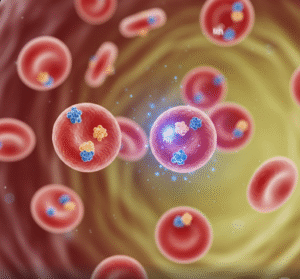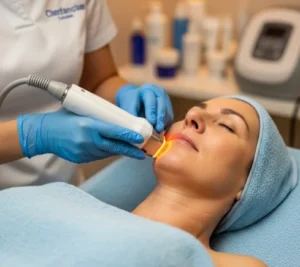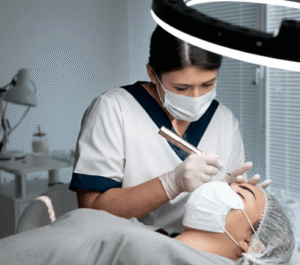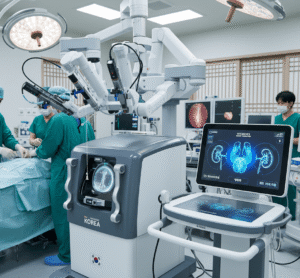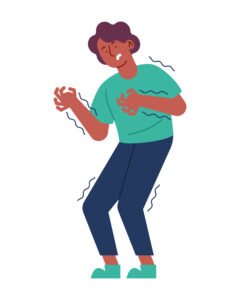Overview
Corpus callosum disorders (CCD) are a group of congenital or acquired conditions that affect the large bundle of nerve fibers connecting the left and right hemispheres of the brain. They range from complete absence (agenesis) to partial absence (hypogenesis) and structural malformations (dysgenesis). In Korea, early detection through prenatal and neonatal imaging, along with coordinated pediatric neurology and rehabilitation services, has improved developmental outcomes and family support.
What is Corpus Callosum Disorders?
Corpus callosum disorders encompass agenesis, partial agenesis/hypogenesis, dysgenesis, and acquired injury of the corpus callosum. These conditions can occur in isolation or with other brain anomalies and genetic syndromes. Presentation varies widely—from minimal symptoms to developmental delays, learning difficulties, seizures, and motor or sensory challenges. Diagnosis relies on neuroimaging, most commonly MRI, which delineates callosal structure and associated brain pathways.
Symptoms
- Delays in motor milestones (rolling, sitting, walking)
- Language delay or communication difficulties
- Cognitive/learning difficulties (attention, processing speed, problem-solving)
- Seizures or abnormal EEG findings
- Hypotonia (low muscle tone) or coordination problems
- Sensory processing differences and social-adaptive challenges
- Visual or hearing issues when associated anomalies are present
Causes
- Genetic variants affecting midline brain development (can be inherited or de novo)
- Intrauterine exposures (infections, vascular events, toxic exposures)
- Syndromic associations (e.g., chromosomal or single-gene disorders)
- Acquired injury to the developing brain (perinatal hypoxic-ischemic events, severe prematurity)
Risk Factors
- Family history of midline brain malformations or known genetic syndromes
- Maternal infections or teratogenic exposures during pregnancy
- Complications of prematurity and perinatal hypoxia
- Consanguinity or known parental carrier status for relevant genes
Complications
- Epilepsy and recurrent seizures
- Global developmental delay or intellectual disability
- Feeding and swallowing difficulties
- Behavioral and social communication challenges
- Motor coordination issues impacting daily activities
- Associated vision/hearing impairment or endocrine issues depending on broader brain involvement
Prevention
- Preconception and prenatal counseling for families with known genetic risks
- Optimal maternal health: vaccination, infection prevention, avoidance of alcohol/teratogens, and control of chronic diseases
- High-quality prenatal care with targeted ultrasound and fetal MRI when anomalies are suspected
- Newborn screening and early neurodevelopmental evaluation to initiate timely interventions
Treatment Options in Korea
South Korea offers multidisciplinary, family-centered care for CCD through tertiary hospitals and specialized clinics.
- Diagnosis & Evaluation
- Neuroimaging: Brain MRI (including diffusion tensor imaging when available) to define callosal structure and white-matter tracts.
- Prenatal imaging: Targeted ultrasound and fetal MRI in suspected cases.
- Genetic testing: Chromosomal microarray, targeted panels, or whole-exome sequencing when indicated.
- Neurophysiology: EEG for seizure assessment.
- Developmental assessment: Standardized cognitive, language, motor, and adaptive testing; vision/hearing evaluation.
- Medical Management
- Antiseizure medications for epilepsy.
- Management of feeding difficulties, reflux, or sleep disturbances.
- Treatment of associated conditions (e.g., endocrine abnormalities, vision/hearing issues).
- Therapies & Rehabilitation
- Early intervention programs from infancy.
- Physical therapy for tone, balance, and gross motor skills.
- Occupational therapy for fine motor, sensory processing, and daily living skills.
- Speech-language therapy for expressive/receptive language and social communication.
- Behavioral therapy and educational support plans for attention, executive function, and social skills.
- Education & Psychosocial Support
- Individualized Education Plans (IEPs) and school-based accommodations.
- Family counseling and caregiver training on communication and behavior strategies.
- Transition planning for adolescents addressing vocational skills and independence.
- Surgical/Procedural Care
- Epilepsy surgery evaluation in drug-resistant cases (after comprehensive presurgical work-up).
- Neurosurgical care for associated brain malformations when relevant.





